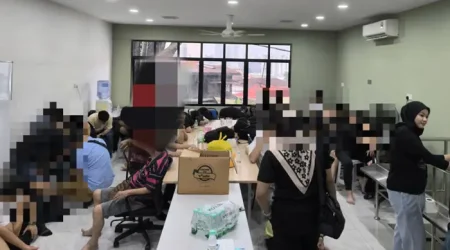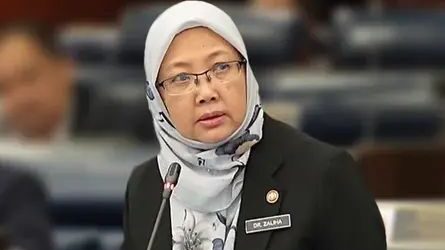Curb fee splitting to keep healthcare affordable
PETALING JAYA: The Malaysian Medical Association (MMA) warns that the cost of healthcare in the country may rise if practices such as fee-splitting by third-party administrators (TPAs) are not regulated.
The association’s president, Dr Azizan Abdul Aziz, said in a statement on Wednesday (June 19) that regulating TPAs to curb unethical practices would protect the healthcare system against commercialism.
“We call on MPs to address the matter in the upcoming Parliamentary session,” she urged.
Dr Azizan defined TPAs as privately owned managed care organisations hired by companies to manage their employee health benefits.
“These middlemen earn from providing managed care services to employers and from charges to private general practitioner (GP) clinics to be listed as a panel clinic.
“The majority of private GPs rely on TPAs for the network of clientele (companies) they provide and administrative services managing the various employers (companies).
“Private GPs will not be able to sustain their practice from solely relying on out-of-pocket paying patients, she said.
Dr Azizan added that 50% of private clinic patients come under managed care.
She said that in fee-splitting, TPAs take a percentage of the total bill charged to patients. This leads to increased costs incurred by private GPs and specialists. This could compromise patient care.
“Over time, this can affect the sustainability of the private clinic and the quality of patient care being provided,” she said.
She added that fee-splitting is unethical under the Malaysian Medical Council (MMC) guidelines.
“If left unchecked, it will further escalate healthcare costs, particularly private primary care services.
“Since the Health Ministry claims that it does not regulate TPAs, we urge the government to take action against private medical practitioners involved in fee-splitting,” she said.
Dr Azizan said several key issues with the absence of regulation and oversight of TPAs include high registration fees for GP clinics, delayed payments and claim rejections, operational inefficiency, a lack of transparency, and issues involving pricing and fee caps.
In the statement, MMA also proposed establishing an authoritative body to regulate TPAs, enforce ethical practices, and standardise processes to create a unified clinic registration system.
It also urged the Health Ministry to oversee the matter.













Leave a Reply